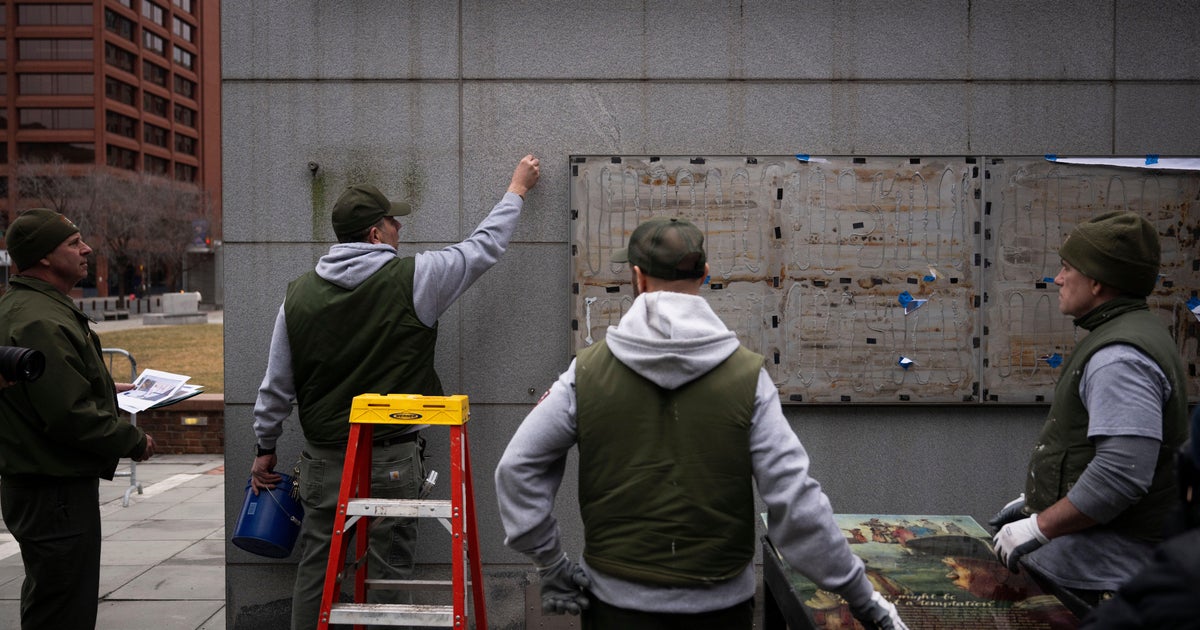How indigo, a largely forgotten crop, brings together South Carolina's past and present
Charleston, South Carolina — Sheena Myers makes her indigo soap knowing nothing can scrub away South Carolina's past.
"There's a whole history behind what I'm doing," Myers told CBS News. "…It's real deep."
Indigo dye's beautiful color is shrouded by an ugly history. In the mid-1700s, wealthy South Carolina planters called it "blue gold," a labor-intensive cash crop produced by the sweat of enslaved people.
For Myers, it's personal. Among those enslaved indigo workers was her great-great-grandmother.
Her indigo company, Genotype, sells skincare and medicinal products for psoriasis, peptic ulcers and bronchitis, with annual sales topping $1 million.
"Because they were humiliated, and now I'm being honored" Myers said. "And me being honored is like I'm honoring them as well. I don't think they ever would have thought in a million years they would have a descendant creating things like this."
Down the road, Precious Jennings grows indigo to process its natural dye powder, a farm-to-fabric process that is like digging for healing through the dirt of a former plantation.
"Every day I come onto this land, I honor and think about and give gratitude to the people that were here and enslaved on this land," Jennings said.
Myers wants to pass her business, and family history, to her three sons.
"If they keep this business alive, it won't disappear," Myers said, hoping to grow a new indigo legacy that is rich in humility.
"It will continue," Myers said.




